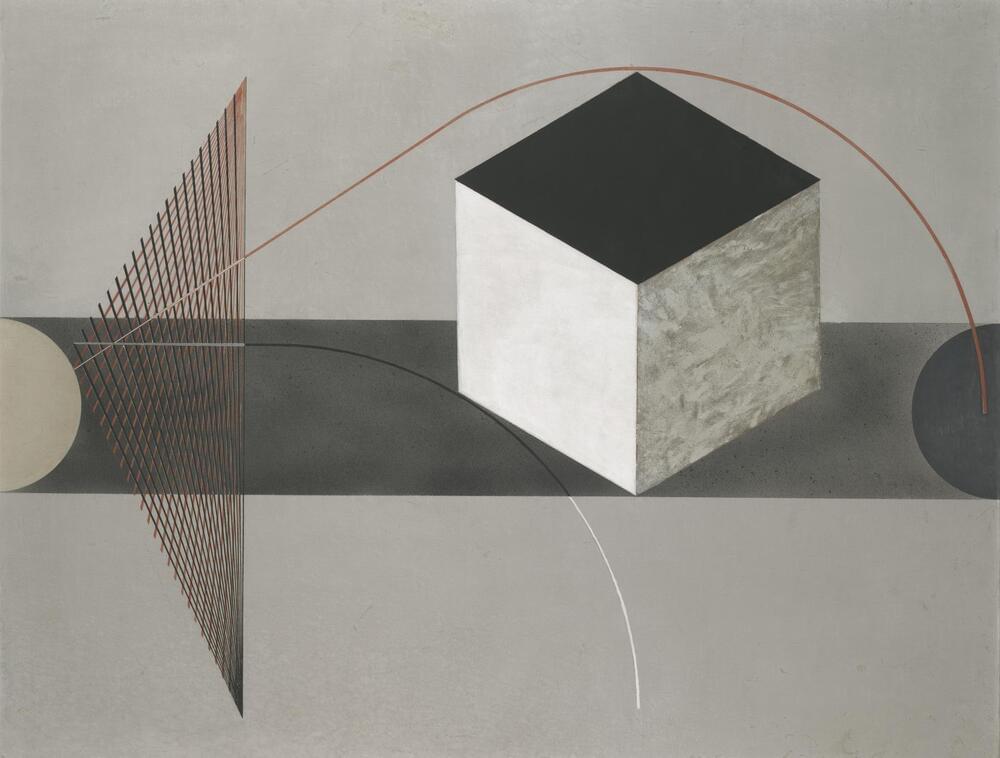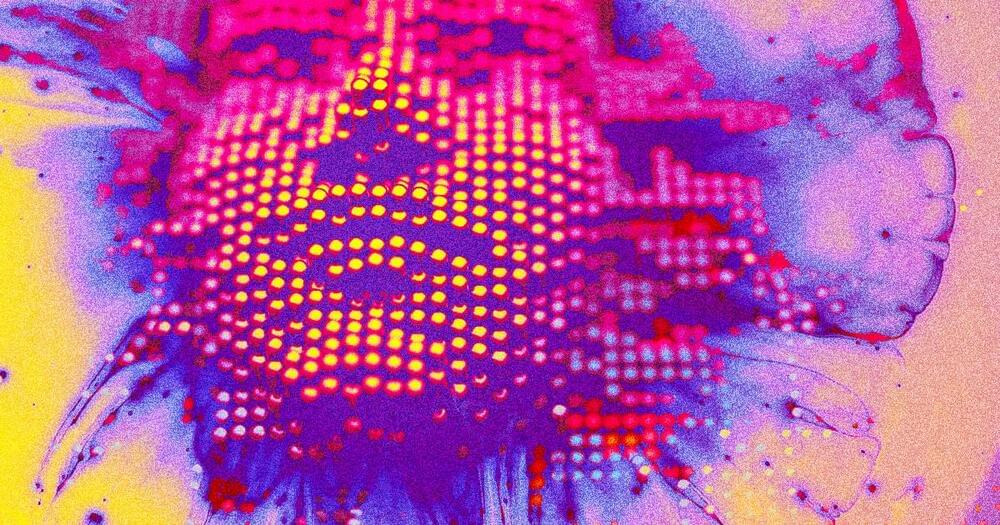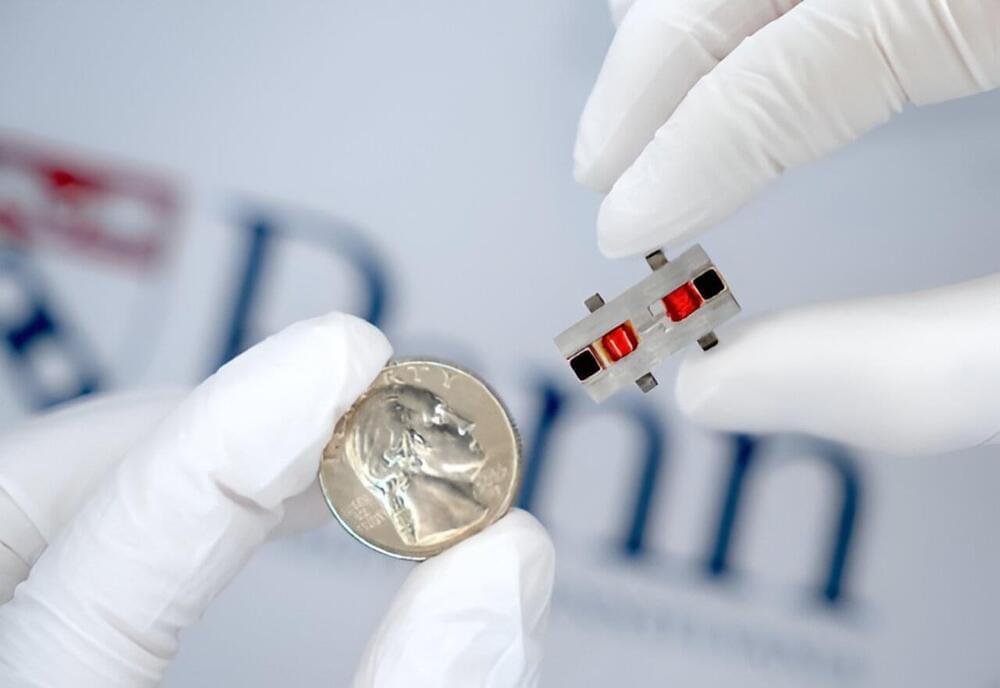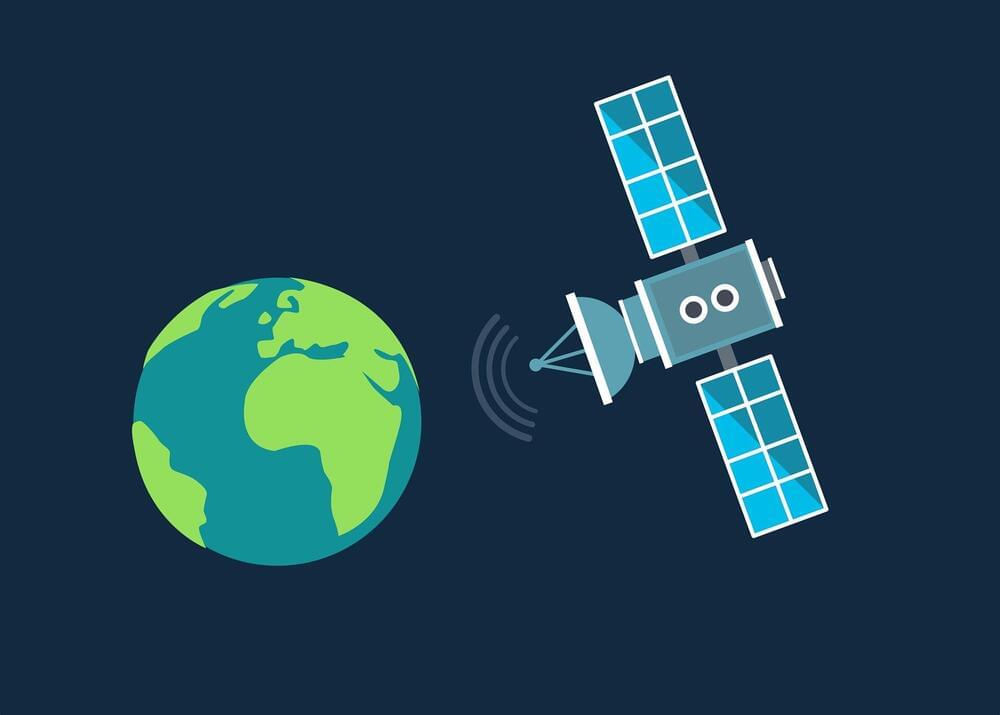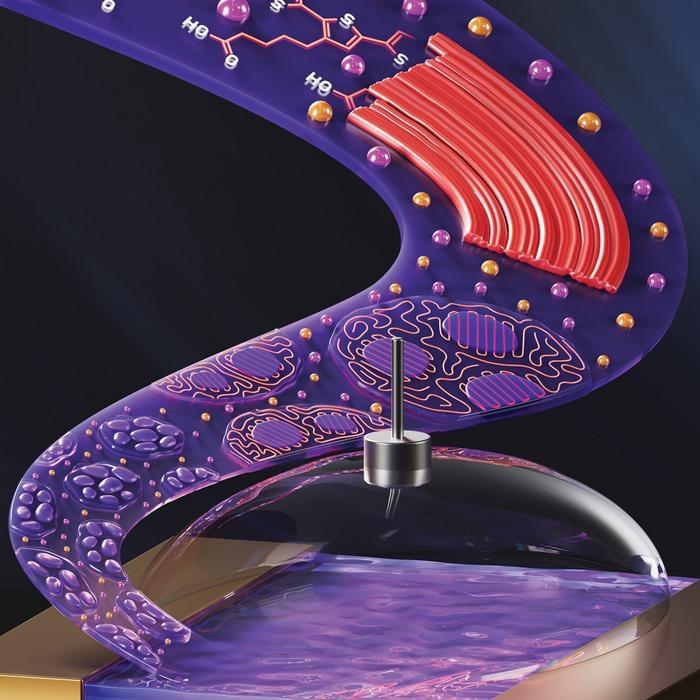Jun 1, 2024
How to Raise Your Artificial Intelligence: A Conversation with Alison Gopnik and Melanie Mitchell
Posted by Cecile G. Tamura in categories: internet, robotics/AI
JULIEN CROCKETT: Let’s start with the tension at the heart of AI: we understand and talk about AI systems as if they are both mere tools and intelligent actors that might one day come alive. Alison, you’ve argued that the currently popular AI systems, LLMs, are neither intelligent nor dumb—that those are the wrong categories by which to understand them. Rather, we should think of them as cultural technologies, like the printing press or the internet. Why is a “cultural technology” a better framework for understanding LLMs?
